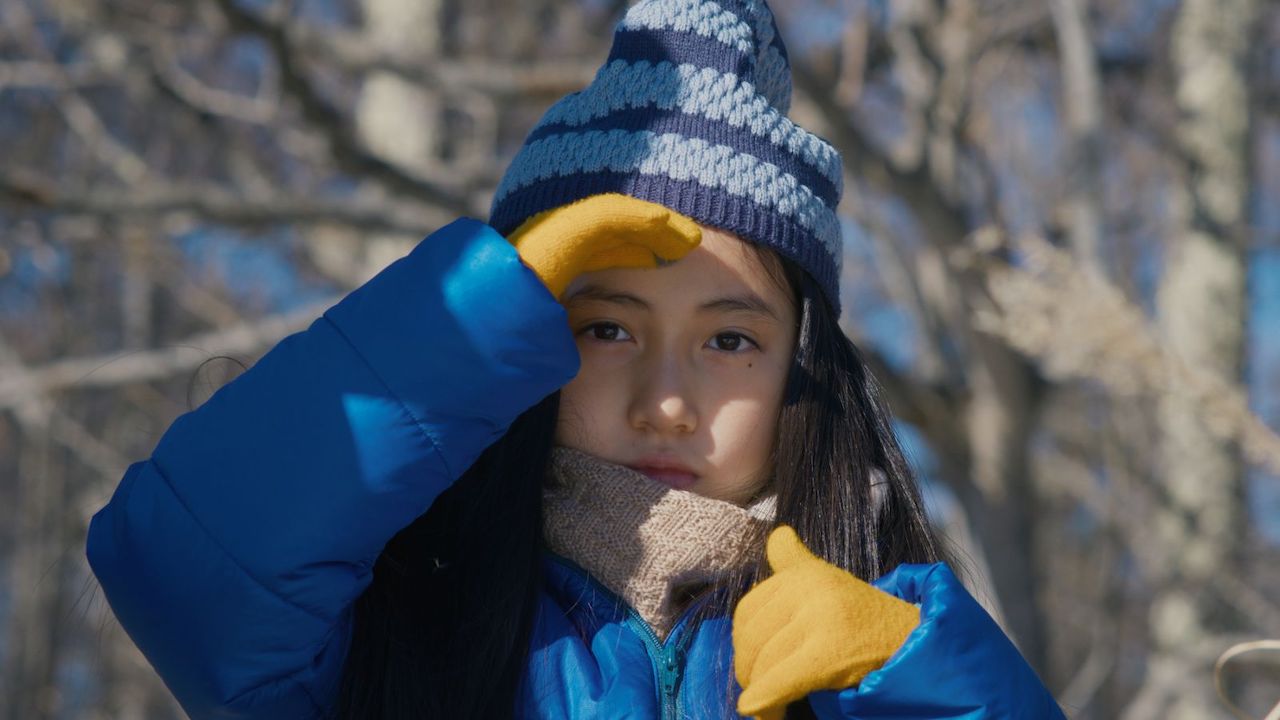There’s a moment midway through Evil Does Not Exist when a man from the rural Japanese village of Mizubiki that serves as the film’s idyllic backdrop stands up during a town meeting and confidently explains the notion that—and I am surely paraphrasing here—shit tends to flow downstream. It’s a notion you’ve likely heard before, a handy metaphor for the stratified levels of bullshit that seem to rain down on those at the bottom level of any social or bureaucratic structure. Yet this man is not speaking in metaphor, but rather quite literally. If Playmode, the glamping company that’s hosting this meeting, decides to proceed with their development plan, shit will flow downstream—into the drinking water, into the village, into their lives.
It’s a scene that writer and director Ryusuke Hamaguchi lets play out like its own little one-act play, the primary characters populating this substory given their own monologue, each wrestling with the inevitability of change and the absence of the steamrolling force at its center. Everyone in the room (including the event’s hosts) recognizes the logic of arguments presented. The consequences are clear, and yet everyone—the townspeople, the Playmode reps, the film’s audience—feels the growing weight of futility pressing down on the whole affair. The decision has been made, the septic tank all but installed, the town conquered and changed forever. All that’s left to confirm the inevitable is the slow drip of bureaucratic absurdity, capitalistic justifications, and one mutually degrading video conference.
But that’s only half of Hamaguchi’s movie—the evil half. The other side, which follows a widower named Takumi, his daughter Hana, and their little coterie of coworkers and friends, is the half that exists in a state of harmony. It’s with this side that we begin the film, watching deliberately as Takumi chops wood, collects spring water, smokes cigarettes, and shows up late to pick his daughter up from grade school. If that sounds simple, it is, and yet in Hamaguchi’s hands it’s damn near transcendent, his patient camera work a stunning match for the swaying score from Eiko Ishibashi—itself a huge part of the DNA of Evil Does Not Exist (as was her score for 2021’s Drive My Car). Even when this pastoral sequence eventually concludes with images of a dead deer recently gunned down by hunters, it’s not the ugliness of death that breaks the trance, but something more nefarious.
Hamaguchi is a filmmaker for whom silence and absence is essential. So much of Evil Does Not Exist feels more like witnessing than being shown.
Hamaguchi is direct in the way he links this deer—and deer in general—to both Takumi and the larger community. When one of the Playmode representatives comes to find out that their development will cut directly through a deer path, her thoughts gravitate toward how this may lead to more positive interactions between the city folk and the natural world, moving past Takumi’s warning about how a gut-shot deer, or an aggrieved parent, might react. The other Playmode representative seems more interested in engaging with the nuance of this village, even going so far as to insist that he’ll serve as the caretaker for the glamping compound. But try as he might, it’s clear he’ll always have more in common with the fence cutting through the path than the deer grazing beside it.
In truth, these themes are never made as explicit as I’m making it sound. Hamaguchi is a filmmaker for whom silence and absence is essential. So much of Evil Does Not Exist feels more like witnessing than being shown. In this way, Hamaguchi makes us feel far more like the glamping outsiders than members of this little post-war village, interlopers on something secret, sacred and, in its own way, perfect. The ecological parable here is clear, the stupidity and tediousness of progress wonderfully rendered, but even that feels like an easy way out of the thick woods surrounding the film’s quiet narrative. As things take a turn toward their conclusion—itself inevitable and perplexing—we’re left with the nagging feeling that we missed something. And perhaps we did. Perhaps it’s beyond our grasp. Maybe it simply exists.







